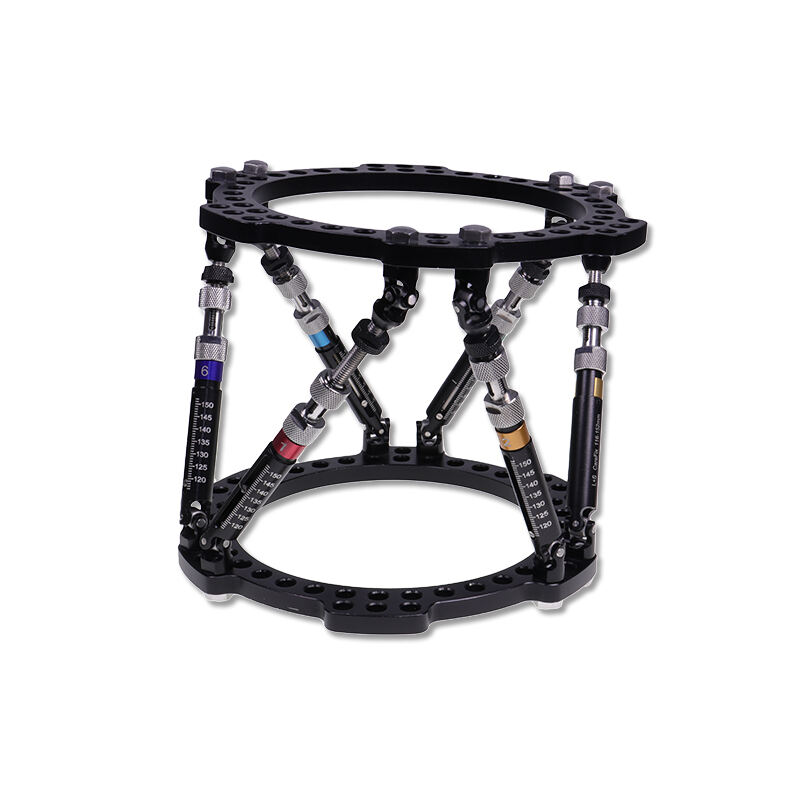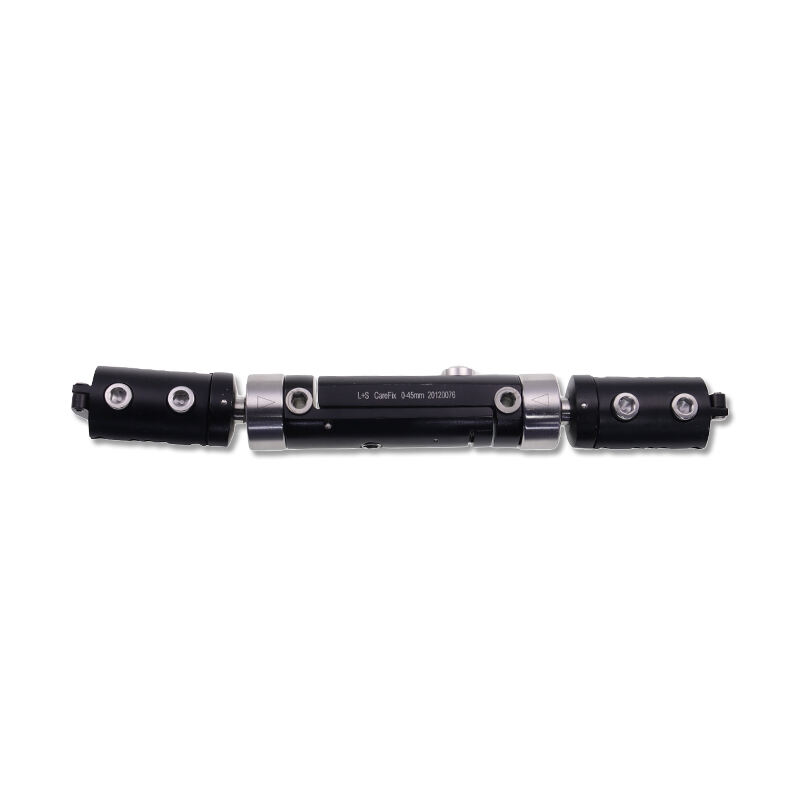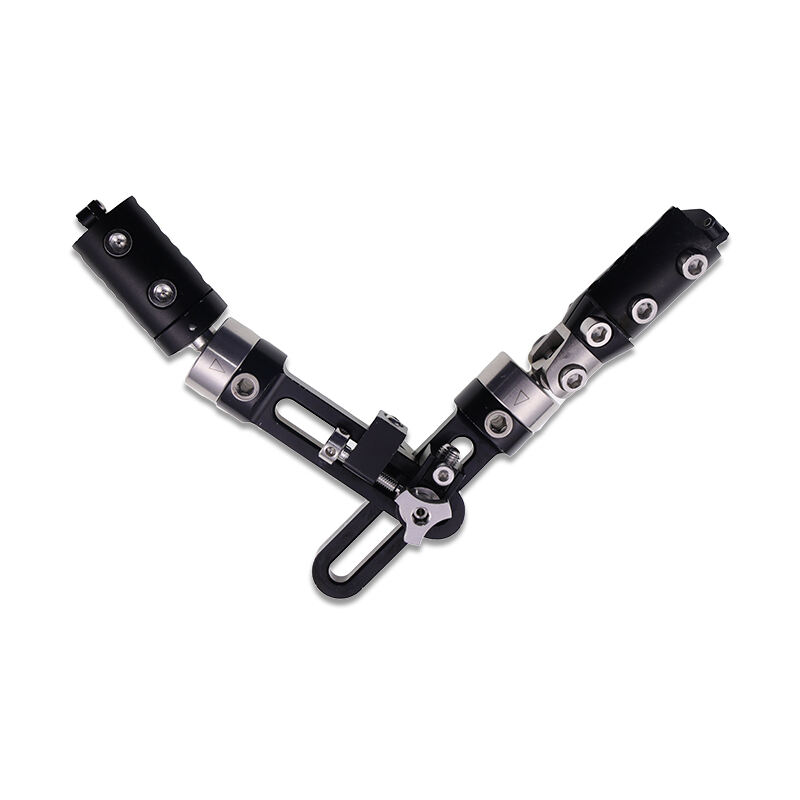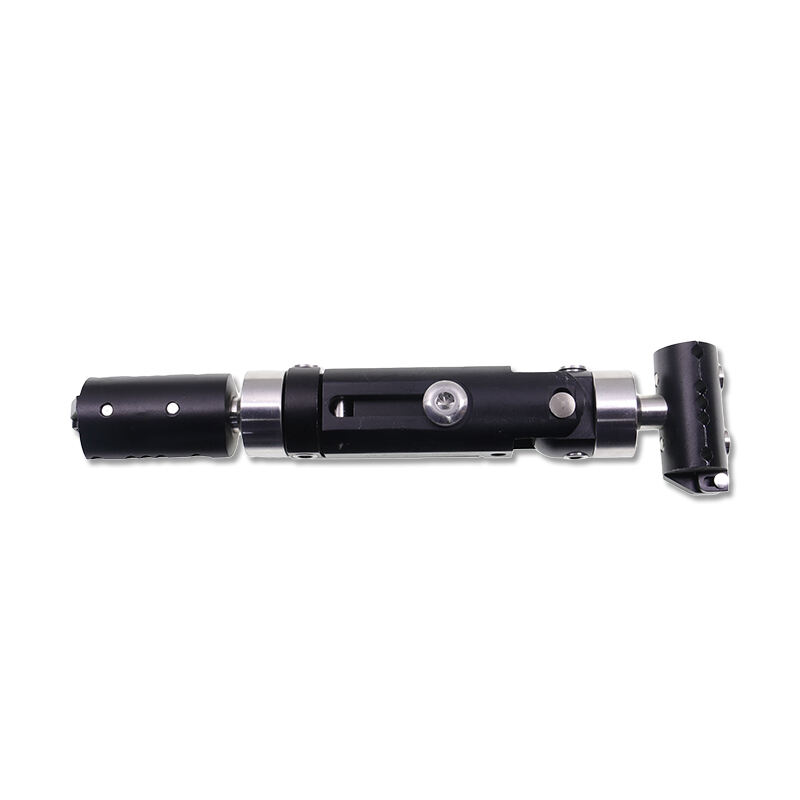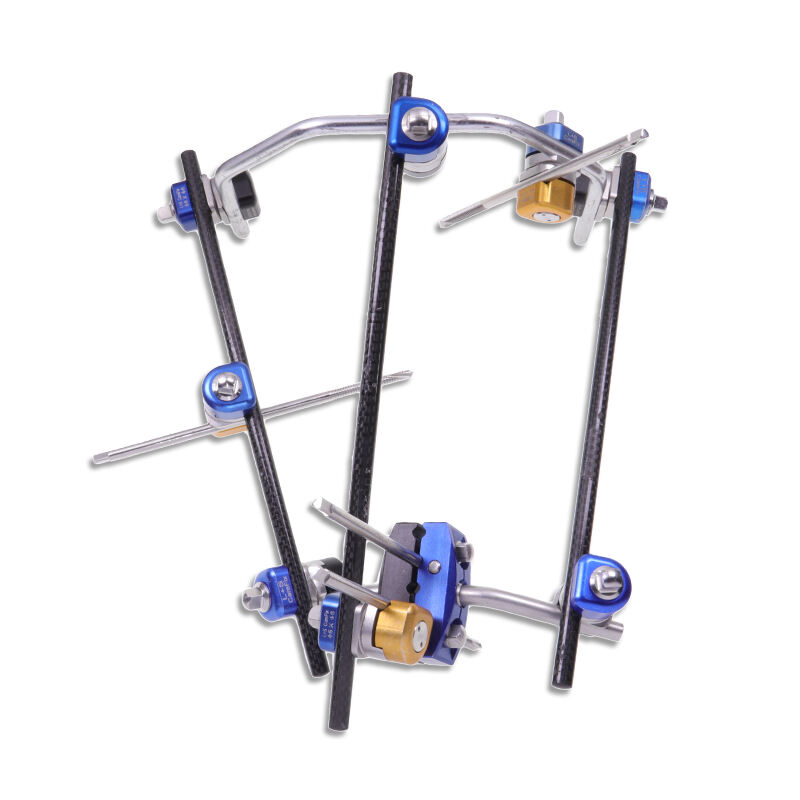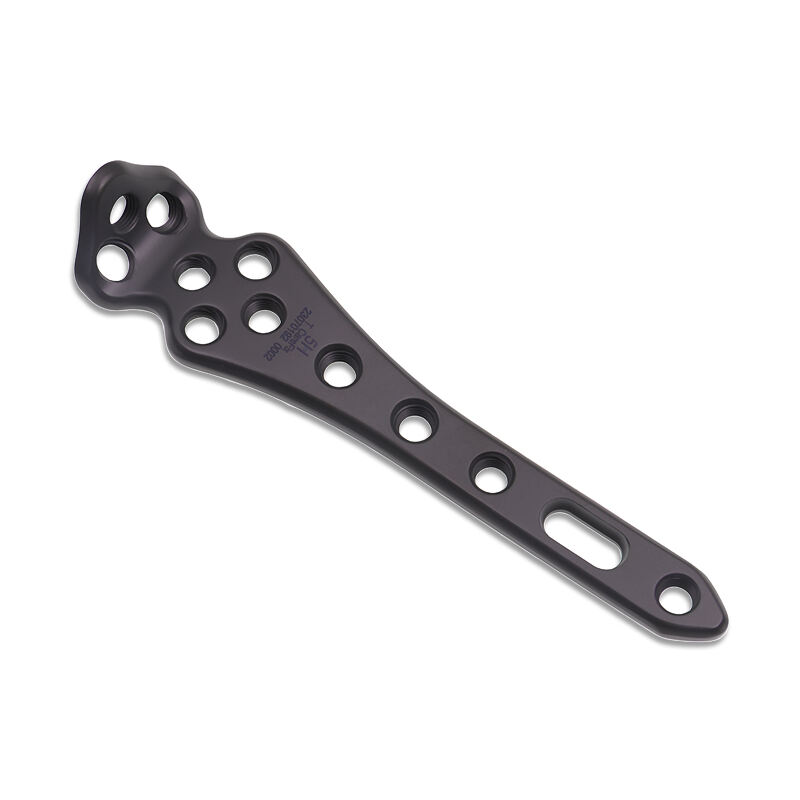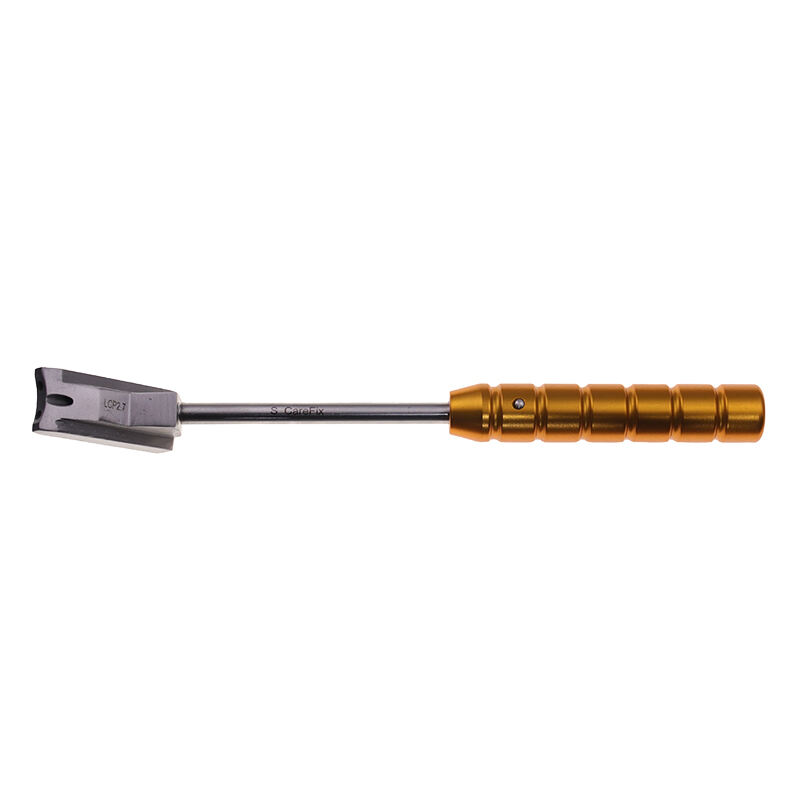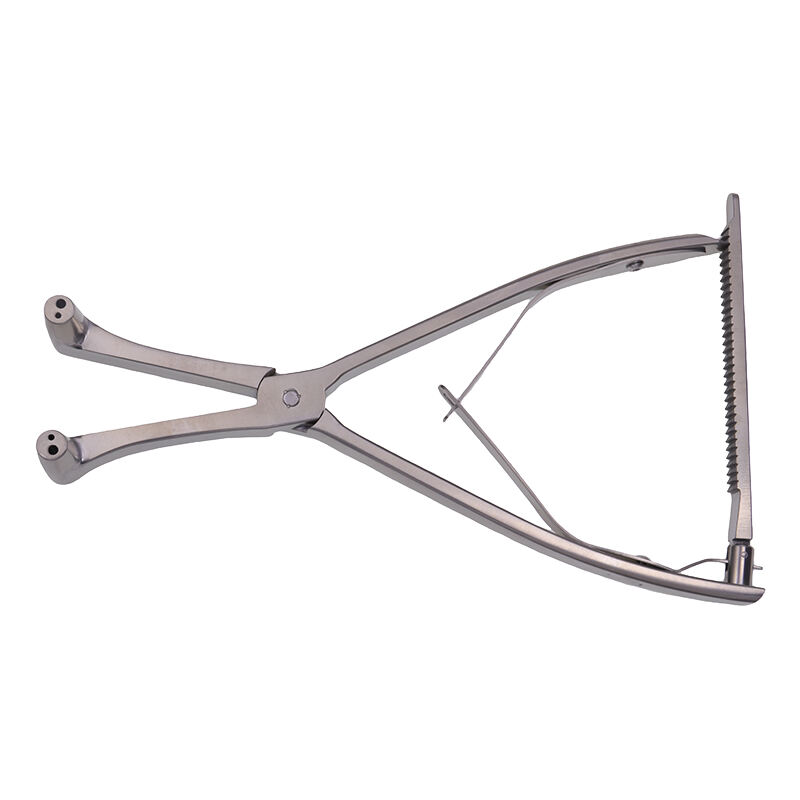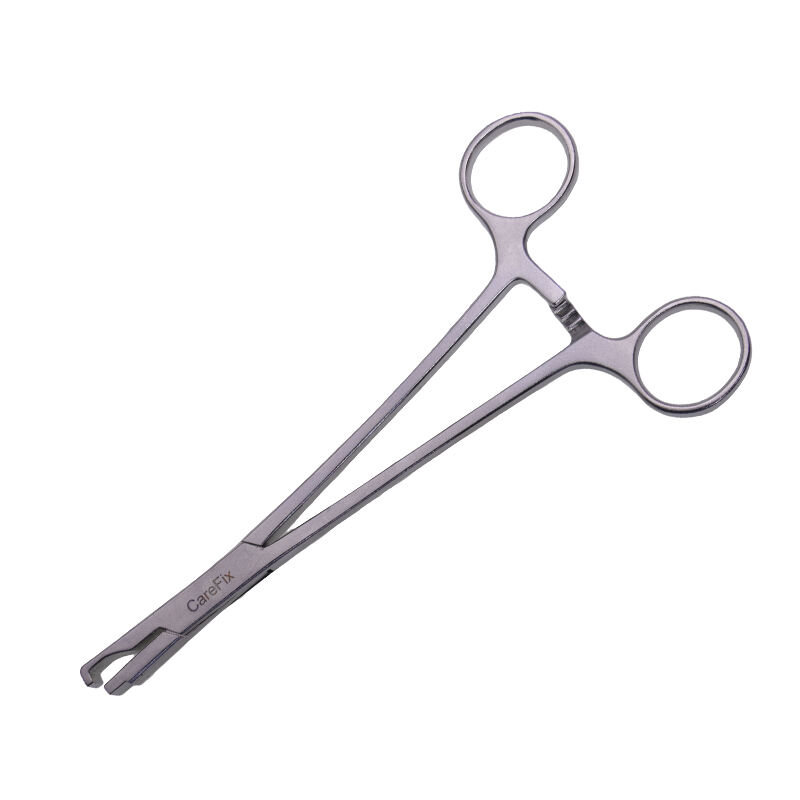orthopedic implants instruments
Orthopedic implant instruments represent a sophisticated suite of surgical tools designed specifically for the precise placement and manipulation of orthopedic implants during various surgical procedures. These instruments encompass a wide range of specialized tools, including precision drills, cutting guides, measurement devices, and placement instruments, all engineered to ensure optimal surgical outcomes. The instruments are manufactured from high-grade surgical steel and advanced materials that guarantee durability, sterilizability, and reliable performance across multiple procedures. These tools feature ergonomic designs that enhance surgeon control and comfort during complex operations, while their precision-engineered components ensure accurate implant positioning and alignment. Modern orthopedic implant instruments often incorporate digital technology for enhanced accuracy, including computer-assisted navigation systems and precision measurement capabilities. They are essential in procedures ranging from total joint replacements to spinal surgeries, trauma fixation, and reconstructive operations. The instruments are designed to be compatible with specific implant systems, ensuring seamless integration and optimal functionality during surgical procedures. Advanced surface treatments and coatings provide superior wear resistance and maintain sharp cutting edges, while clearly marked measurement scales and indicators facilitate precise adjustments and positioning during surgery.

